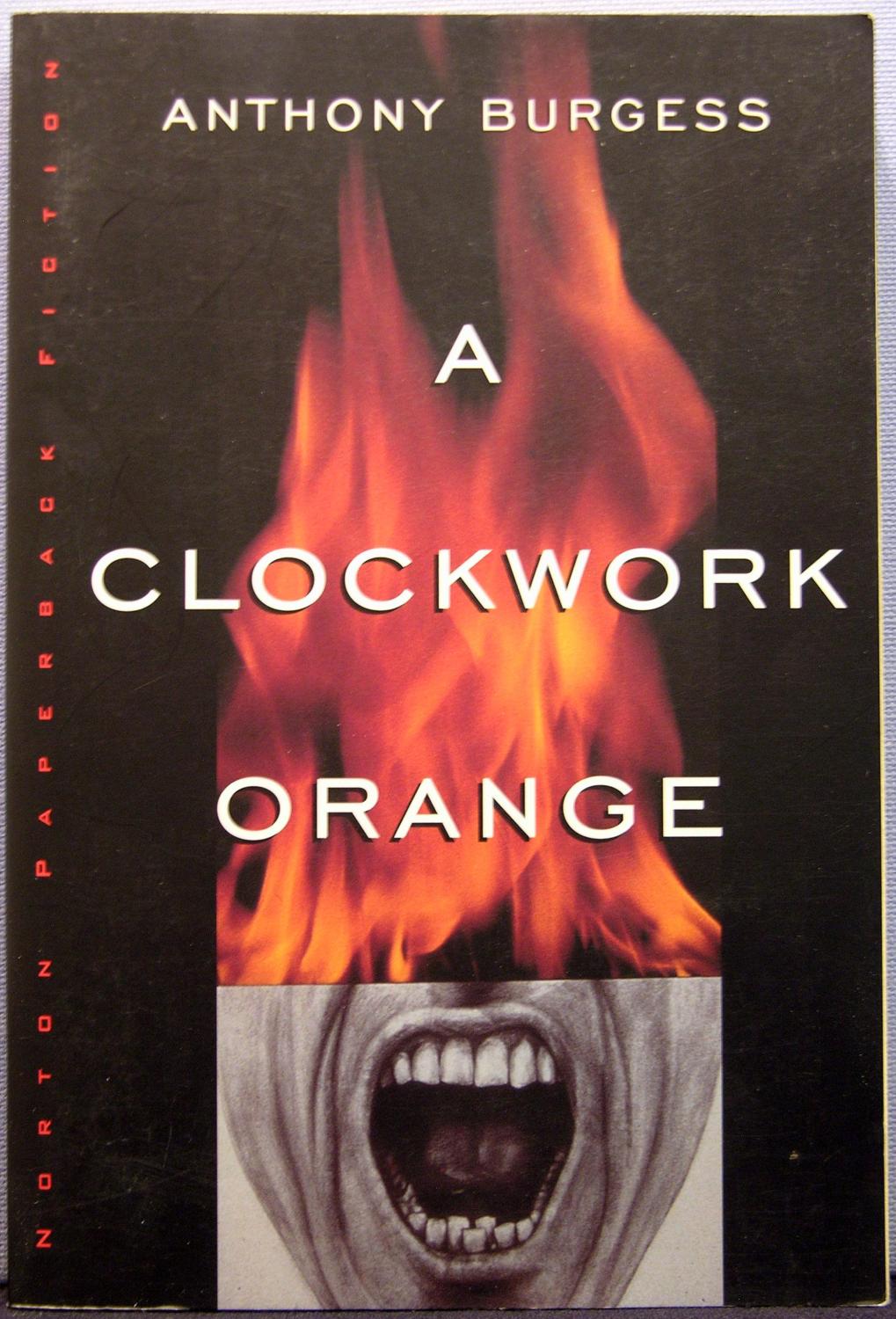
To quote Burgess: “Is it better for a man to have chosen evil than to have good imposed upon him?” The ethical queries so central to this visionary film are every bit as relevant today, and every bit as difficult to answer. In fact, so much controversy over the violent scenes ensued that the film’s notoriety became, itself, the stuff of legend.įrom a contemporary perspective, what stands out above all is Kubrick’s extraordinary gift for entertaining us while making us think. The film’s highly stylized sets, choreographed brutality, and Moog synthesizer score-conceived to heighten the effect of each scene-were so ahead of their time that, to many, they obscured the overall message. When a flamboyant, Beethoven-obsessed, murderous gang leader agrees to undergo experimental violence-aversion therapy in exchange for early release from prison, he winds up “cured” of his own free will. Crime and Punishment Kubrick’s technicolor treatise on the politics of violenceīased on the futuristic novel by Anthony Burgess, A Clockwork Orange is a masterwork of cinematic satire. 'I do not know of any other writer who has done as much with language. If you enjoyed A Clockwork Orange, you might like Ken Kesey's One Flew Over the Cuckoo's Nest, also available in Penguin Modern Classics. His many works include: The Complete Enderby, Tremor of Intent, The Kingdom of the Wicked and A Clockwork Orange. Diagnosed with an inoperable brain tumour in 1959, Burgess became a full-time writer and went on to write a book a year up until his death in 1993. From 1954 to 1960 he was stationed in Malaysia as an education officer - during this time he started writing The Malayan Trilogy. In his introduction, Blake Morrison situates A Clockwork Orange within the context of Anthony Burgess's many other works, explores the author's unhappiness with the Stanley Kubrick film version, analyses the composition of the Nadsat argot spoken by Alex and his droogs, and examines the influences on Burgess's unique, eternally original style.Īnthony Burgess (1917-93) was born in Manchester in 1917. The basis for Stanley Kubrick's notorious 1971 film, A Clockwork Orange is both a virtuoso performance from an electrifying prose stylist and a serious exploration of the morality of free will. But when Alex finds himself at the mercy of the state and subject to the ministrations of Dr Brodsky, and the mind-altering treatment of the Ludovico Technique, he discovers that fun is no longer the order of the day. He and his gang of droogs rampage through a dystopian future, hunting for terrible thrills.




Anthony Burgess's nightmare vision of a society overrun by nihilistic violence and governed by a menacing totalitarian state, A Clockwork Orange includes an introduction by Blake Morrison in Penguin Modern Classics.įifteen-year-old Alex doesn't just like ultra-violence - he also enjoys rape, drugs and Beethoven's ninth.


 0 kommentar(er)
0 kommentar(er)
